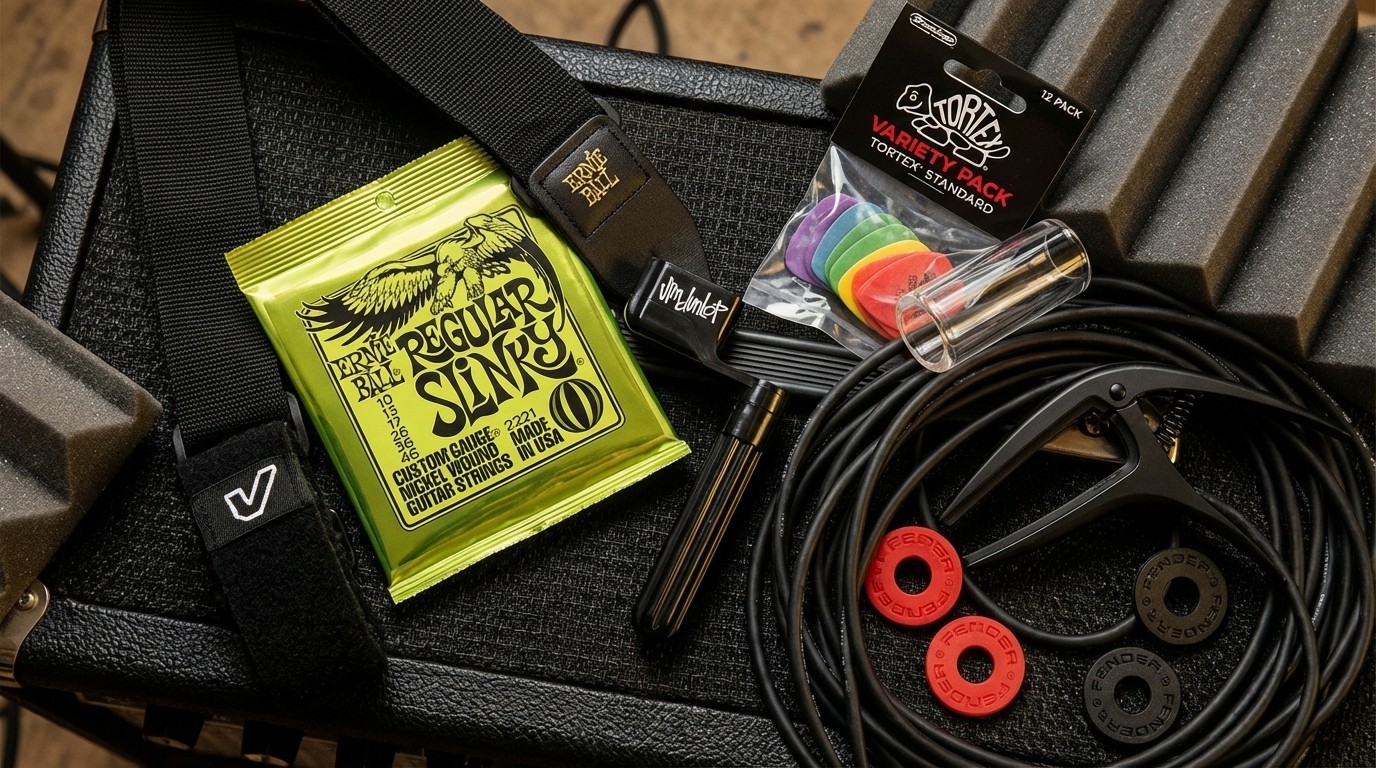“It's an elusive quality that hasn't been captured by modeling amps”: Steve Morse pinpoints the key traits that give tube amps the edge over their digital counterparts
Morse is a notable champion of the Kemper, but he's sticking to his ENGL tube amp for live shows for one key reason

Like it or not, digital modeling amps are on the rise. Many electric guitar legends – from The Edge to Dave Mustaine and Mike McCready – have made the switch in recent years. Steve Morse is also a fan, but he’s conceded there is one thing digital amps can't get right.
Such guitar amps are revered for their travel-friendly footprint and unbridled versatility, but in conversation with Ultimate Guitar, the Deep Purple and Dixie Dregs guitarist has said there’s one trick his ENGL amp does better than its digital counterparts.
“With any digital amp,” he says, “I'm not able to get the interaction between reducing the level of the guitar in the input, and having the tone change from distorted to slightly distorted to smoother and to clean, like I can with the ENGL.
“That, and maybe the clinical tiny little artifacts of digital distortion that I still can hear when I interact with it and do a lot of changes.”
Backing up his point, he adds, “If you were to do a set, part where you're just chugging along, hardly anybody would be able to tell if you were playing through a digital amp or not.
“However, if I were to be soloing and playing a super-saturated sound, and then switch pickups and bring down the volume to about three out of ten, you would hear that it's not the same roundness, or as full. It's an elusive quality that hasn't really been captured by modeling amps.”
For that reason, while Morse owns a Kemper, he’s sticking with tube amps for his upcoming US tour with Dixie Dregs. He’s revealed his live rig consists of “two ENGL amps, one dry, one wet [and] a little pedal board [that] has two volume pedals”.
All the latest guitar news, interviews, lessons, reviews, deals and more, direct to your inbox!
The digital modeling and profiling world has become ultra competitive in recent years. Neural DSP’s Quad Cortex was an early game-changer, with Kemper and Line 6 also throwing their hats into the ring with their own range of floor-based units.
Fender got in on the action last year with the release of the Tone Master Pro, which became the first modeler to gain endorsement from the EVH gear brand.
Ultimately, the magic of real amps is yet to diminish and Morse’s approach is evidence of a snowballing trend for touring players that don’t regard it as an ‘either/or’ debate – and are open to employing both tube amps and digital alternatives, dependent on the gig scenario.
A freelance writer with a penchant for music that gets weird, Phil is a regular contributor to Prog, Guitar World, and Total Guitar magazines and is especially keen on shining a light on unknown artists. Outside of the journalism realm, you can find him writing angular riffs in progressive metal band, Prognosis, in which he slings an 8-string Strandberg Boden Original, churning that low string through a variety of tunings. He's also a published author and is currently penning his debut novel which chucks fantasy, mythology and humanity into a great big melting pot.

